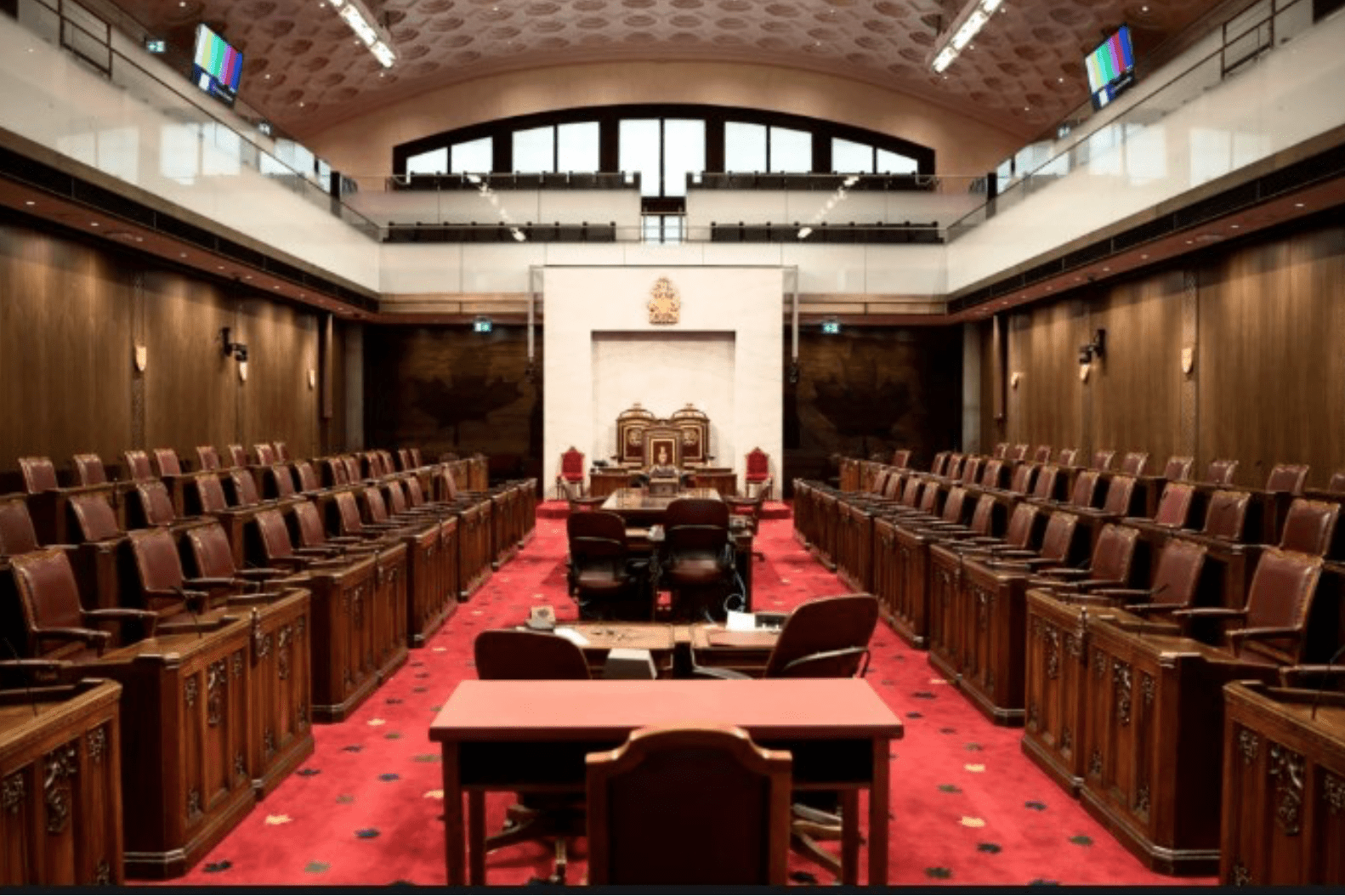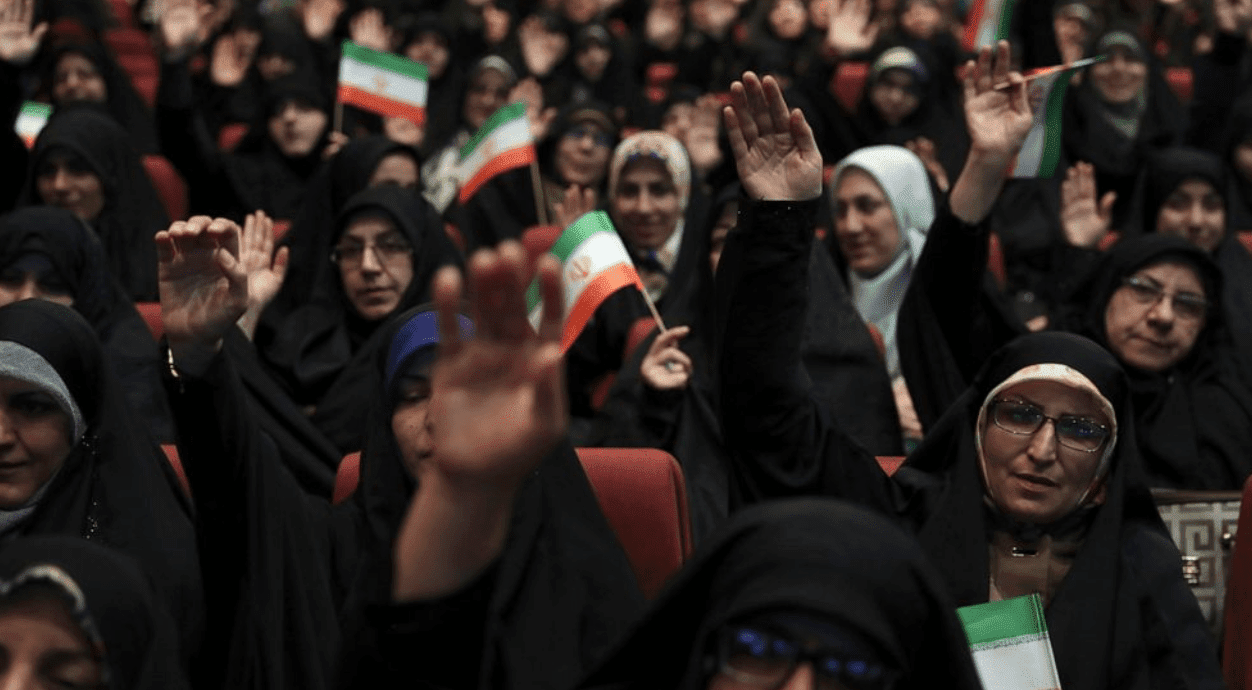When prime minister Justin Trudeau named his Cabinet last week, it was barely mentioned that the well-established constitutional convention of appointing senators to Cabinet to fill the lack of representation of regions was broken. There was the odd comment here and there that noted that it hadn't happened, but nobody barring a political science professor raised the point that the convention had been breached. It goes beyond the fact that Trudeau has carried on with the refusal to put the Leader of the Government in the Senate into Cabinet, which is a problem, but rather that Cabinet is no longer appropriately represents the federal make-up of the country for the first time since Confederation, and yet it was greeted with a collective yawn something that should be fairly alarming.
As professor Emmett Macfarlane noted, Trudeau "chose the political perception (mistaken and otherwise) regarding the impact on senatorial independence over a well-established convention. And yes, appointing a senator from Alberta wouldn't resolve much as it regards representation. But not appointing one sends a signal too." After all, Trudeau has been conspicuous in the manner in which he appoints senators by way of the independent, arm's length committee (though every now and again, one of his appointments is raised as curious because said committee may not have been constituted when a name was announced), and new senators will often self-righteously declare that they were asked to sit as an independent, and by golly, they would do just that to the detriment of the institution itself.
Add to this the continued refusal to put the Leader of the Government in the Senate into Cabinet something that profoundly affects the practice of Parliament's accountability function. Stephen Harper's refusal to put his second Government Leader, Claude Carignan, into Cabinet was both capricious in the wake of the ClusterDuff Affair, but also a bit of a sham. Carignan was still sworn into Privy Council, still had support from the Privy Council Office, and still had access to all of the PMO briefing books that his position entitled him to. Not putting him into Cabinet was a bit of theatre designed by Harper to look like he was distancing himself from the Senate in the wake of the scandal, as was his refusal to name new senators in his fit of pique (which was unconstitutional, but an election was held and Trudeau started making new appointments before the court challenge could be heard, and was thus declared moot).
Trudeau carrying on this refusal to put the Government Leader into Cabinet is much more egregious than Harper was with Carignan, because at least Carignan was in the caucus room and could be heard when he relayed the concerns of the Senate to the prime minister which is part of the accountability function. The Senate may not be a confidence chamber, but Parliament as a whole serves to hold government to account, and that includes the Senate. Having a member of Cabinet introduce government bills in the Chamber is essential, because he or she needs to answer for them in the name of the collective responsibility of Cabinet, as much as he or she must take those concerns back to the Cabinet. This new, distant model, where Senator Peter Harder cannot be at either the Cabinet table or the caucus room, breaks that accountability function, as much as it also irreparably harms the Senate's role in serving as the institutional memory of Parliament (which also includes within the caucus room).
The ambivalence to how the Senate is being abused by the current government should be of grave concern, and yet the weight of inertia of ill-will toward a parliamentary institution used as a political punching bag (sometimes deserved, but often not) has blunted anyone even thinking of attempting to criticize what is going on. The belief that a chamber of independent senators is superior to partisan ones is pervasive, even among political scientists and parliamentary experts, because it has a certain feel-good quality to it that ignores both the day-to-day functioning of the Senate, but also the longer-term roles that are often invisible, like institutional memory. Rupturing the conventions of not having the Government Leader in Cabinet, as well as not having the missing Cabinet representation come from the Senate, is corrosive to our Parliamentary democracy, even if we can't see the damage right now.
Meanwhile, what does this lack of representation in Cabinet from Alberta and Saskatchewan, signal for the current issue around so-called "Western separation"? I would argue that it ensures that the voices that are being heard are disproportionately those of the premiers, who have agendas of their own which are hostile to Trudeau and his agenda. Trudeau has to theatrically demonstrate that he's listening to Jason Kenney and Scott Moe, and will have a hard time pushing back in public about a lot of their lies, nonsense claims and demands many of which are specifically tailored to be impossible to achieve because it lets them turn around and claim to their voters that "See! Trudeau doesn't care about you!" as they work to stoke anger that they will use to deflect away from their own failings (and in Kenney's case, those failings are fast and furious these days).
Even though much is being made of the fudge that Chrystia Freeland being from Alberta, and Jonathan Wilkinson being from Saskatchewan will count as the representation for the purposes of federalism, it nevertheless leaves Trudeau vulnerable to the charge that he's not listening to the "real" voices of westerners around the Cabinet table. At least if he had senators from those regions at the table preferably as the Leader of the Government and possibly his or her deputy Trudeau could credibly point to the fact that he was getting the voices from the provinces directly, but he can't say that. It leaves a breach in a constitutional convention, a parliamentary one, and nobody can seem to care, more content to amplify the voices of the know-nothing loudmouths and swivel-eyed loons mouthing the words of "separation," leaving us all the worse off as that corrosion eats away at our Parliamentary democracy.
Photo Credit: Senate of Canada








